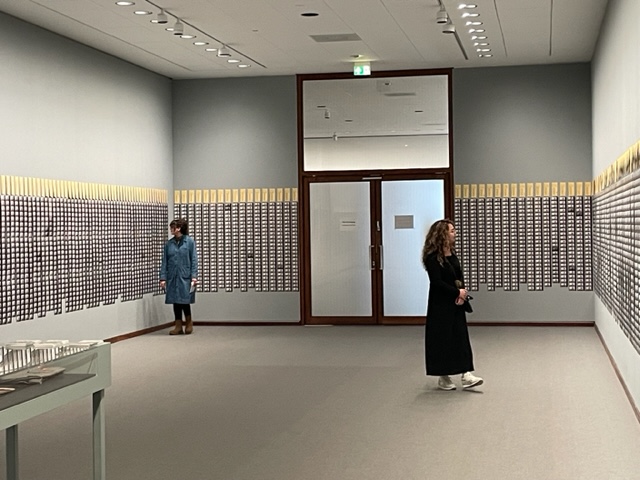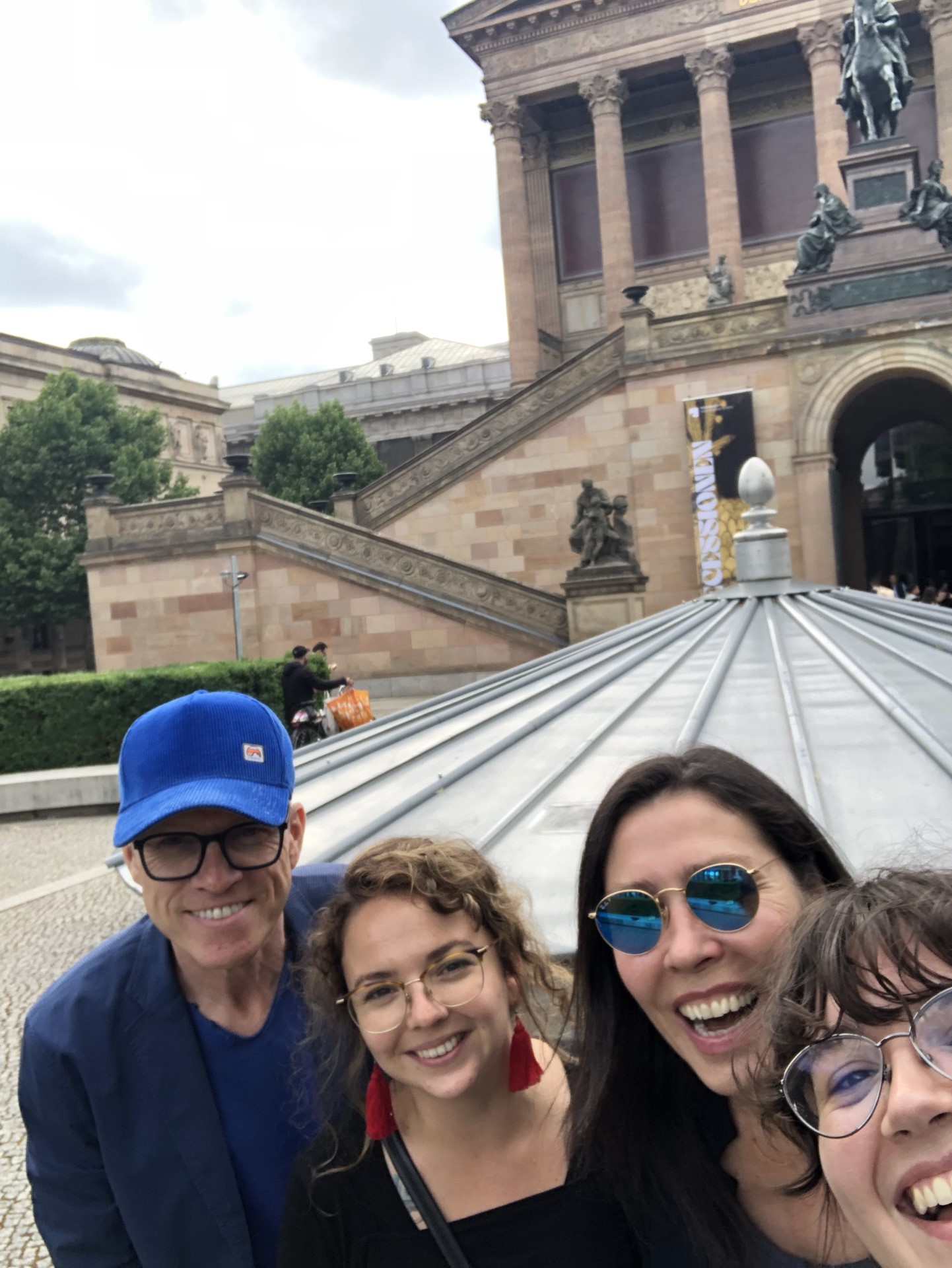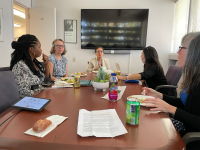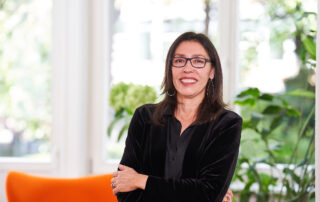Being Human Initiative
PI: Jeanette Kohl, Center for Ideas & Society Co-Director
The Being Human Initiative serves as an incubator for innovative thinking between the disciplines and colleges at UC Riverside.
With the humanities at its center, it tackles “big questions” about the human condition in times of post-pandemic realities, climate change, rising nationalisms, and shifting academics. It promotes experimental research formats, cosmopolitanism and global education, and the power of dialogue across and outside of disciplinary thinking.

 —
— 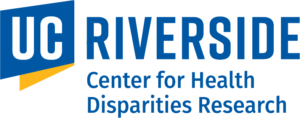

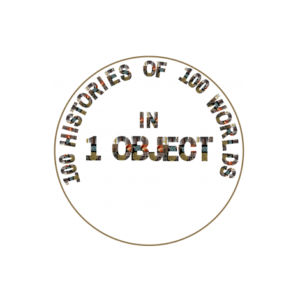

War in the 21st Century
We are all dreaming of a world without wars, yet the political developments of today’s world seem to point in a different direction. In this new series of talks and discussions, experts will provide insights in the historical reasons for wars, recent political developments, and possible future strategies of prevention and apeasement.
Big Questions! Cross-Disciplinary Conversations
In a series of new cross-disciplinary conversations, UCR faculty explore controversial topics and pressing contemporary issues together. The format provides an experimental platform of dialogue for scholars from all disciplines and schools at UCR.
Post-Pandemic Futures: Ways Forward
The pandemic provides a unique chance to revisit our past and rethink our visions for the future. This sequence of events is dedicated to the current paradigm shifts that affect our lives, our work, and the education of our students. In lectures and roundtables, possible ways out of the current crises and the role the Arts and Humanities can play in shaping our futures – at UCR and beyond – will be discussed.
Cosmopolitanism and Global Education
Desert Spotlight
Connecting Colleges
Director’s Blog
–
Director’s Musings
By Jeanette Kohl Dear colleagues and friends of the CIS, As we all find ourselves in the midst of the fall quarter already, I write to you with some updates and good news from the Center. I am happy to announce three new initiatives in the Being Human event stream, all of which are part of our efforts to create a robust cross-disciplinary discussion platform, emphasize the role of the Arts and Humanities in our university, and increase international exchange. Thanks to the continued support of Rodolfo Torres, VC for Research and Economic Development, we will launch a second round of our successful mini labs, under the theme of Innovation Through Humanities. MiniLabs.02 supports experimental collaborations and cross-campus conversations with an interest in Humanities as a motor for innovation and problem-solving. The program provides opportunities for interdisciplinary brainstorming between faculty across different schools, with the potential for [...]
Postcard from Hamburg
Dear colleagues and friends of the CIS, I hope you have all had a good start into the new academic year! My CIS letter today comes from Germany, where I am in residency at the Institute for Advanced Study in Hamburg (HIAS) until June 2023. It is a trip down memory lane for me. My mother and her family are from Hamburg, and as a child I spent many summers here and on the beaches of the nearby North Sea. I thought I’d share some impressions from where I am with you. The “Free and Hanseatic City of Hamburg” is the second largest city in Germany with almost 2 million people. It is a wealthy town with a long history as the main trading hub of the “Hanse,” a powerful alliance of harbor towns that dominated the foreign trade in the North of Germany from the 12th [...]
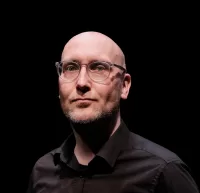 Finnish scholar
Finnish scholar 